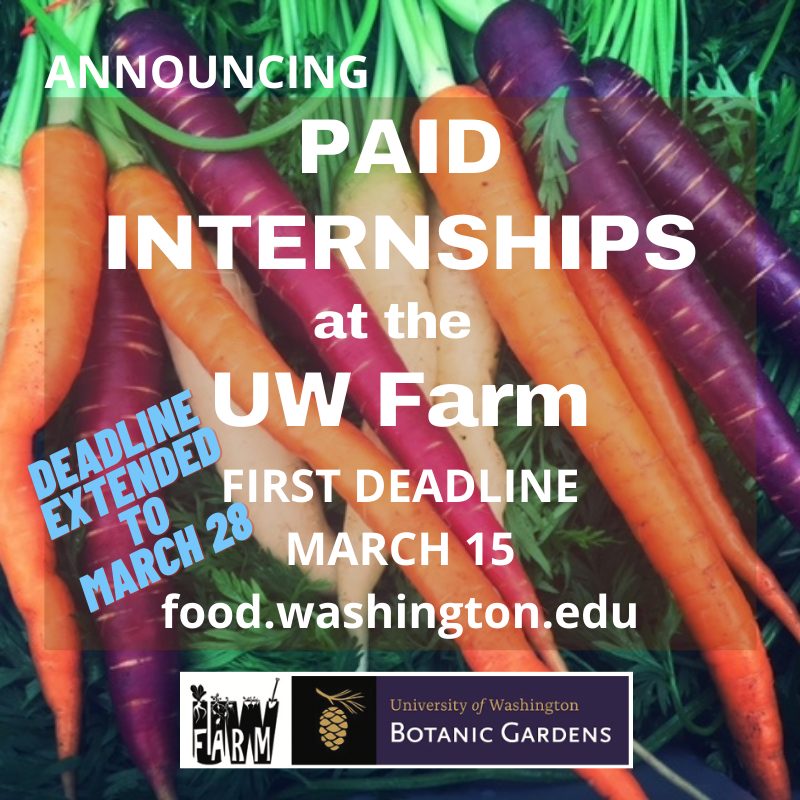UW Farm Weekly Dirt: What is Environmental Justice?
Around the Farm
by Elizabeth Theirl, fourth-year undergraduate majoring in Neuroscience and Geography, UW Farm Environmental Justice Intern
What is Environmental Justice?
It is established that one’s geographical position can result in disproportionate levels of exposure to harmful environmental toxins and contaminants, as well as differences in accessibility to resources and outdoor spaces.
The field of Environmental Justice aims at addressing this inequality by redistributing both the environmental burdens and benefits among all members of society, regardless of age, immigration status, gender, sexual orientation, race, and ethnicity.
The field of Environmental Justice is very diverse—there is not a single scenario or measure that clearly defines whether an environmental injustice is occurring within a given community. For example, environmental injustice can manifest itself through uneven health distributions from neighborhood to neighborhood, or through lack of affordable and accessible food sources within a given geographical area, oftentimes referred to as food deserts.
Focusing on food deserts, approximately 23.5 million people in the United States live in an area without adequate access to nutritious and budget-friendly food options according to the United States Department of Agriculture. Close to half of these individuals are also low-income. Without access to food markets with produce and other healthy options, many individuals turn to fast food and convenience stores as their primary sources of food.
This limited availability of healthy foods promotes higher rates of obesity and diabetes prevalence in these food desert areas. These underprivileged areas produce poorer health outcomes in comparison to areas with an abundance of nutritious food options.
The UW Farm helps to enhance food security to those who lack the financial means to secure healthy options by donating organic produce to the University of Washington Food Pantry, and in peak production season other food banks. We also host student internships that help the farm address environmental justice issues.
